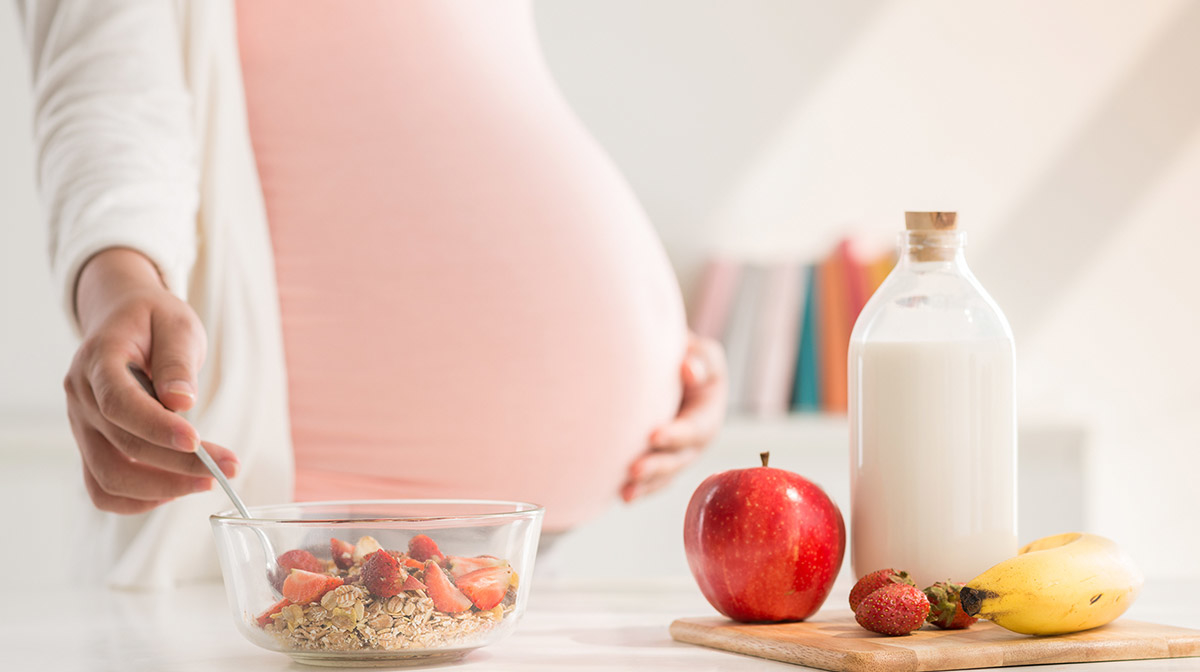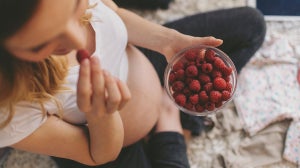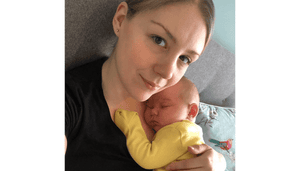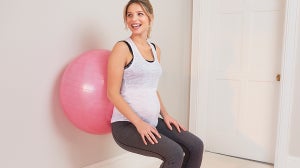Is a vegetarian pregnancy safe?
When you find out you’re expecting, you might already be a vegetarian or thinking about going meat-free. But you might be concerned if it is safe enough for your baby’s growth and development. The short answer is yes, it is! The most important thing about your pregnancy diet is that it is well-balanced, varied and healthy, and it doesn’t need to include meat or fish to do this.
You just need to make sure you’re getting all the nutrients you and your baby need, focusing on protein, vitamins and minerals to support both you and baby. Things like iron and vitamin B12 are mainly found in meat and fish, so it’s important to find vegetarian substitutes. Your diet doesn’t need to be complicated, you just need to plan ahead to cover all aspects. And squash that craving for a juicy steak!
What to eat during a vegetarian pregnancy?
Here are the main food groups you need to focus on to support a vegetarian pregnancy diet:
- Protein: One of the most important things you’ll need during pregnancy is protein – it’s essential to supporting baby’s muscle and tissue building. Guidelines suggest an extra 6g of protein a day. Get this from eggs, lentils, beans or quinoa. Plus, there’s so many meat alternatives out there now including tofu and Quorn that can help satisfy any urges for meaty-like food.
- Calcium: Calcium is really important for the development of baby’s bones, teeth and cells. You probably know already that dairy products are an excellent source, but things like sesame seeds, tahini and dried fruit are less obvious options to help up your intake. Especially useful if you’re vegan!
- B Vitamins: To maximise B vitamins in your diet, try and include a varied, colourful selection of fruit and veg. B vitamins are rich in Folate, which ensures your baby’s spinal cord develops properly. Good sources of B12 include milk, egg and cheese, plus fortified breakfast cereals (try and avoid super sugary ones). Or Marmite, depending on if you’re a lover or a hater!
- Iron: A lot of vegetarians worry about iron deficiency during pregnancy, as red meat is one of the best sources. Pack in plenty of leafy greens into your diet, such as spinach and kale, as well as food high in Vitamin C like citrus fruits, as this helps your body better absorb the iron.
What pregnancy supplements should I take?
If you make sure your vegetarian diet is varied and balanced, it will meet the majority of your nutritional needs. It is recommended that all pregnant women take a Vitamin D supplement, because as we all know, Britain really isn’t the sunniest climate!
You might also enjoy:
5 Foods To Eat Whilst Pregnant That Are Amazing For You And BabyNew Year, New Mama: NutritionPregnancy Superfoods for Warming Winter Soups and Stews




